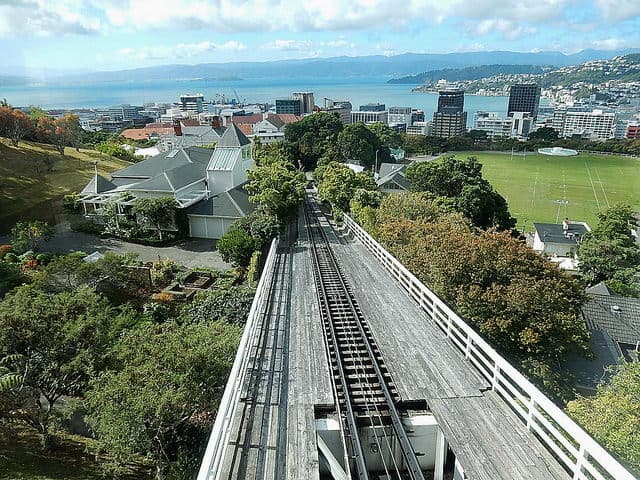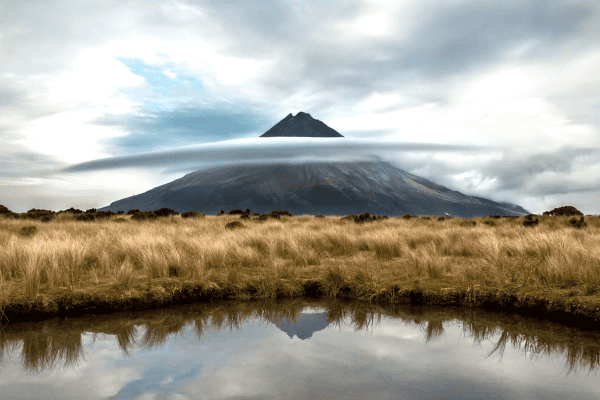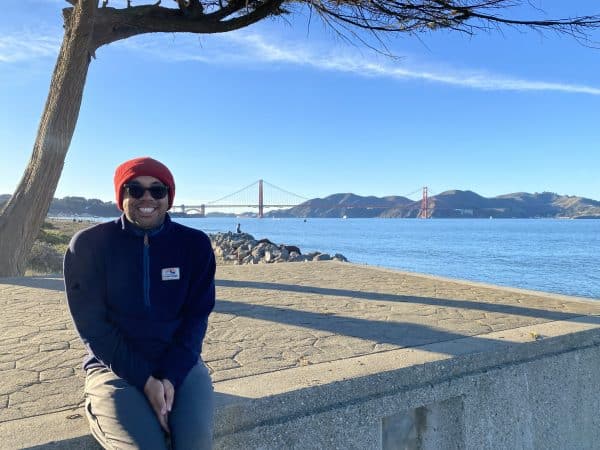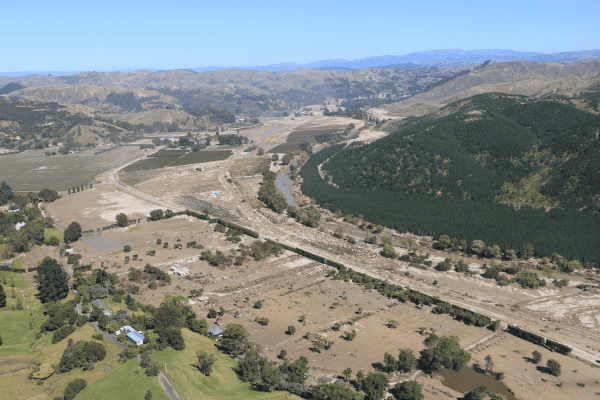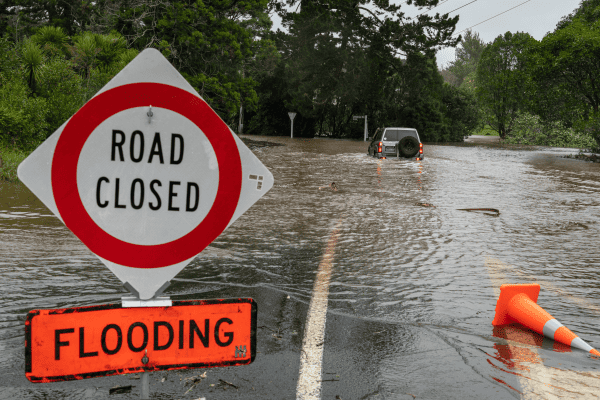Operationalising resilience through a practice-science collaboration: A match made in heaven?
11/12/2018
By Ellie Kay and Dr Joanne Stevenson
How can scientists and practitioners work together to improve the resilience of our communities? Researchers in the Resilience to Nature’s ChallengesTrajectories, Culture, and Economics Toolboxes have been collaborating with the Wellington Regional Emergency Management Office to develop indicators of resilience to measure the capabilities of the Wellington Region.
The Trajectories Toolbox team have been hard at work on the resilience “Warrant of Fitness” project, which is aimed at testing, refining, and enhancing the New Zealand Resilience Index. The project aims to provide a measure of resilience that incorporates the views of those living and working in the communities being measured, producing a more holistic understanding of resilience capabilities. The Trajectories team have partnered with the Wellington Regional Emergency Management Office (WREMO) to aid with the development of their Group Plan, connecting indicators of resilience to WREMO’s vision of a resilient community that is ready, connected, and capable of responding to and recovering from a disaster.
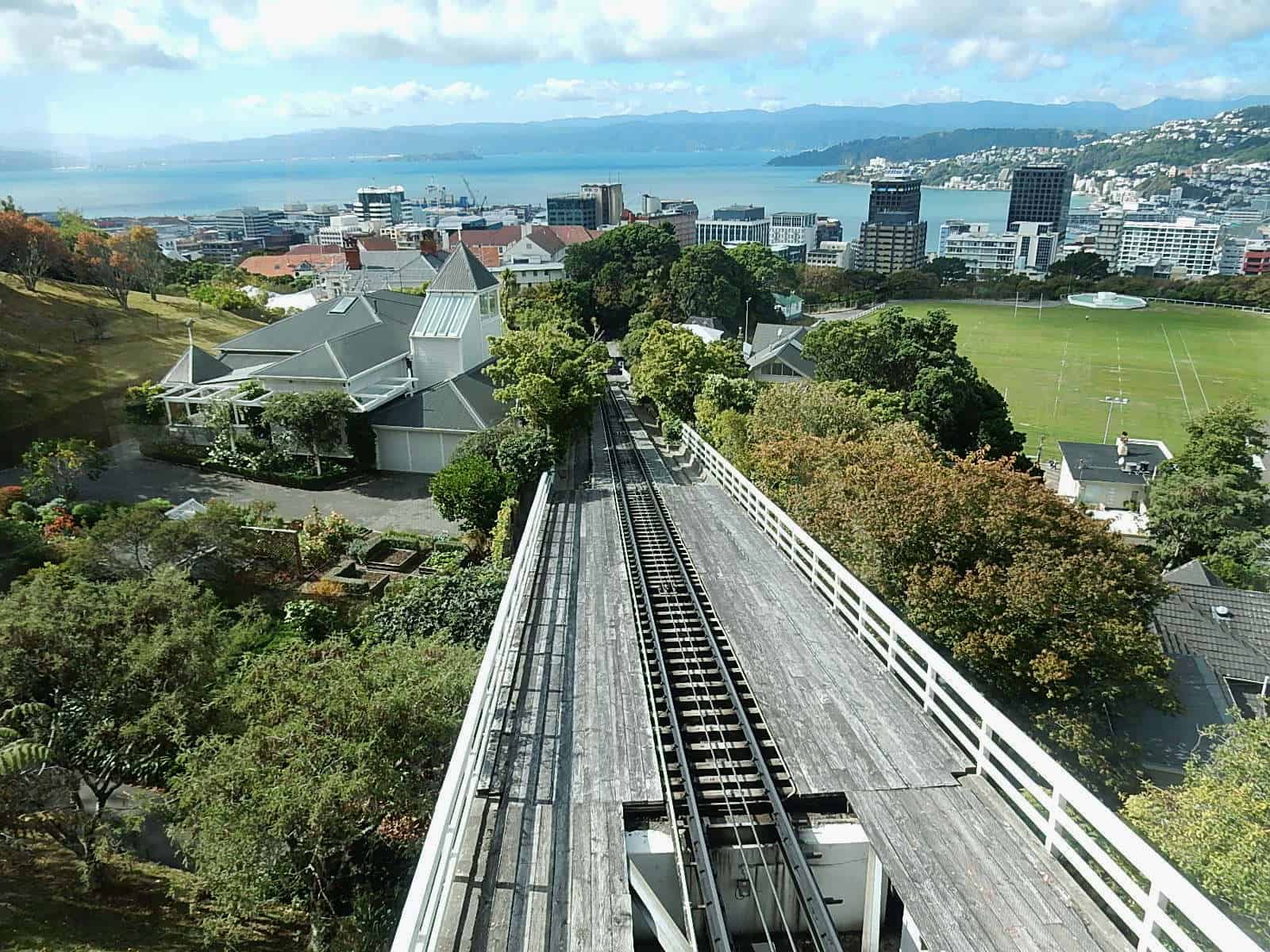
As well as developing indicators of resilience across a multi-capital model for the WREMO Group Plan, the project highlights the necessity of balancing the unique needs of both researchers and practitioners. This ensures everyone benefits from the collaboration, leading to better improvements for communities. Additionally, consultation with Disaster Risk Reduction and resilience practitioners led us to reconsider the types of indicators included in the New Zealand Resilience Index, demonstrating the importance of practice informing science, as well as science informing practice. These two-way conversations and collaborations are vital for pooling collective knowledge of a complex system like resilience.
The Warrant of Fitness is making important steps to bridging the gap between science and practice, with the aim of improving resilience in place-based communities. In line with the Sendai Framework, the team is producing actionable knowledge that can be used by different groups to address resilience issues in their communities.
